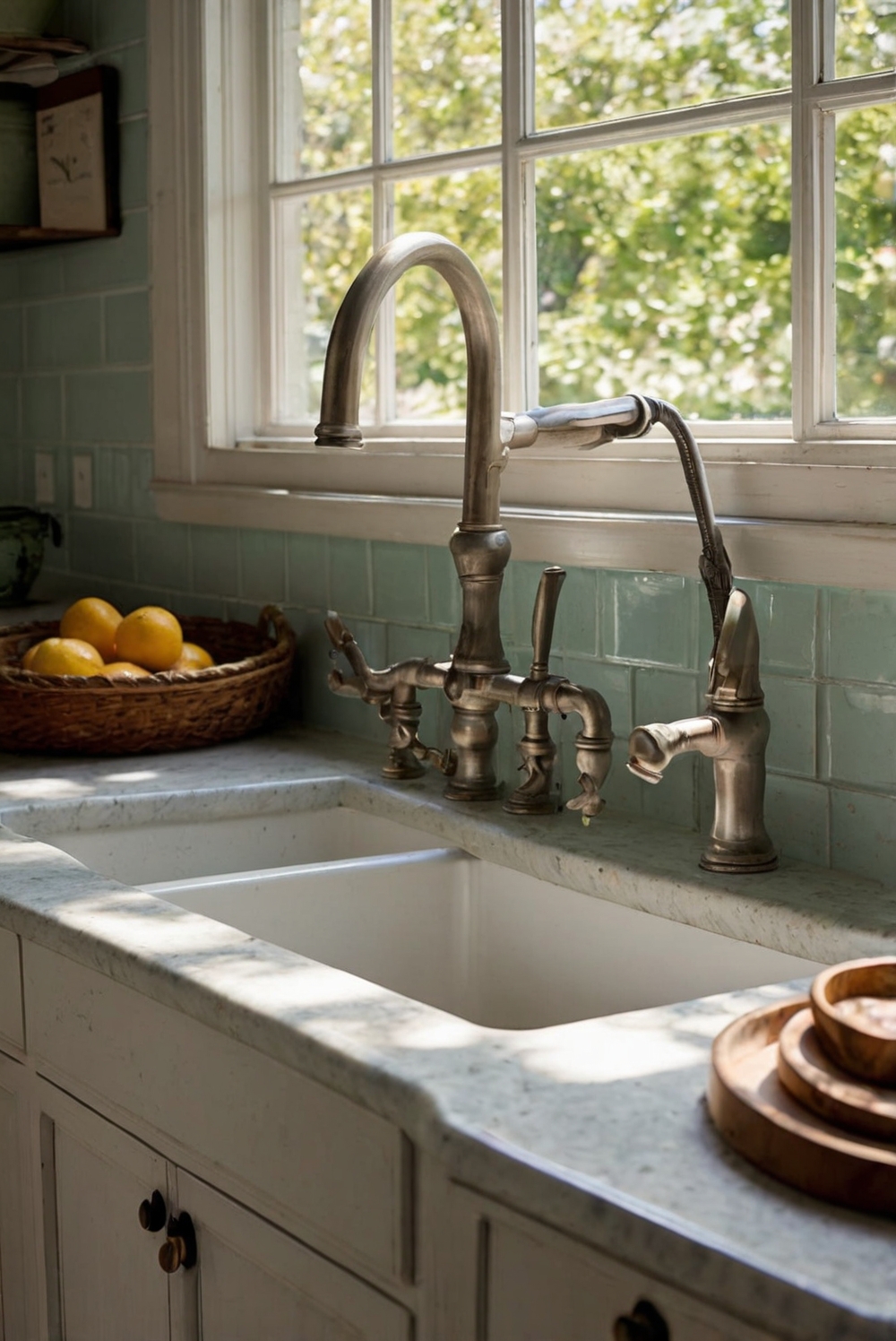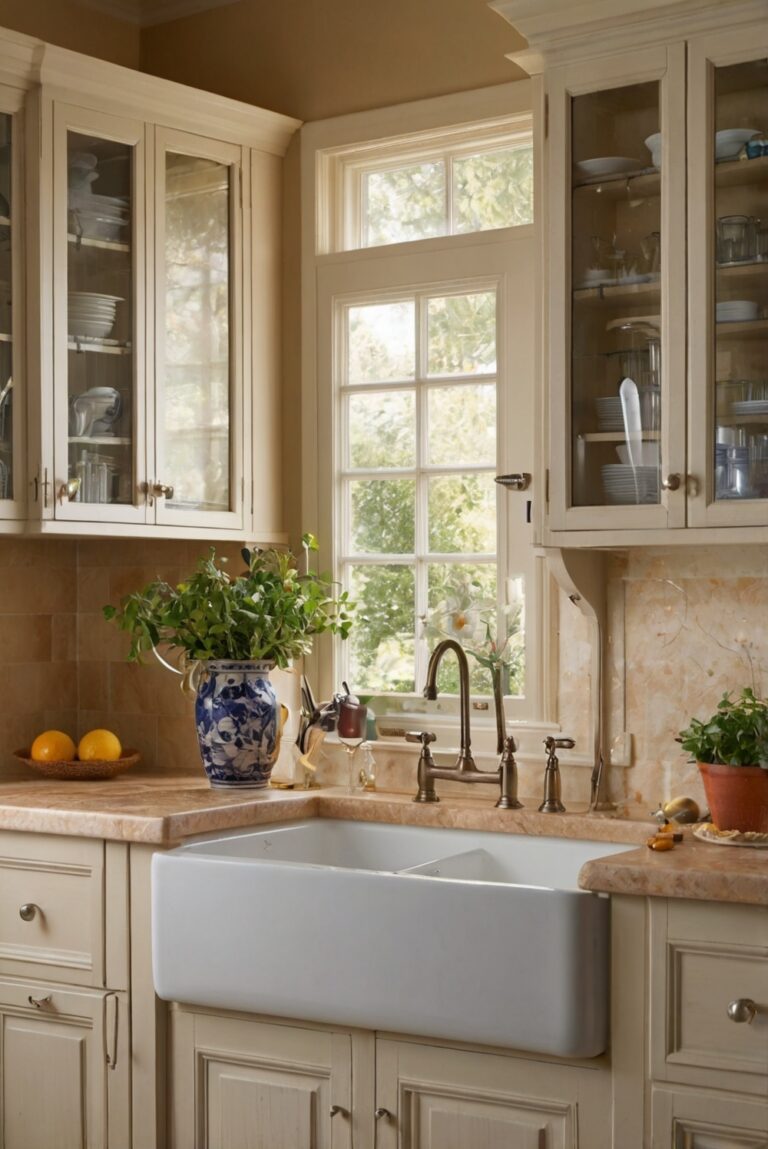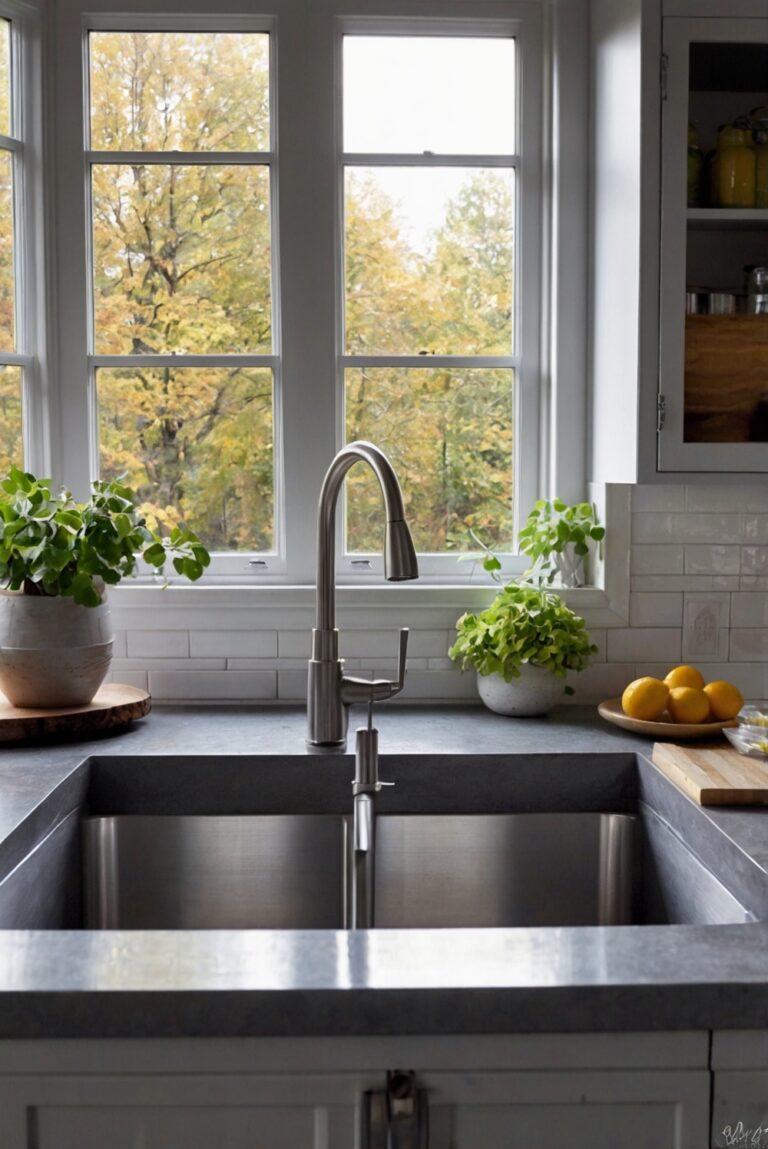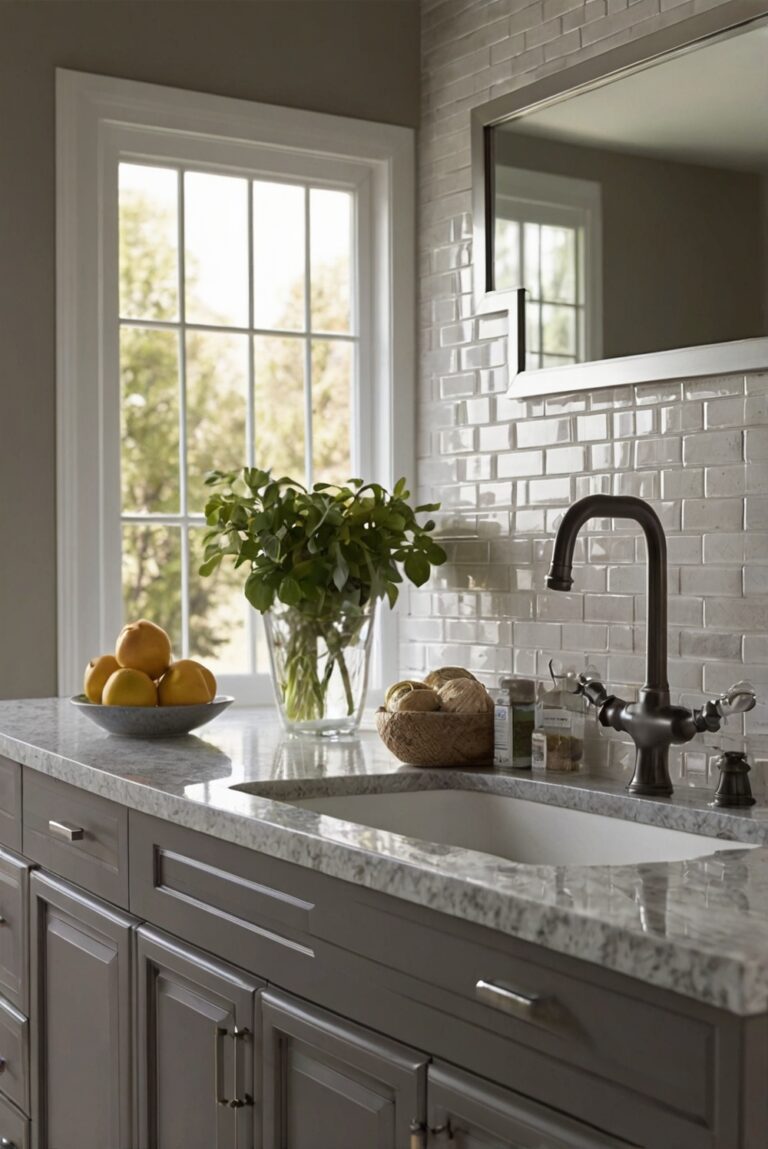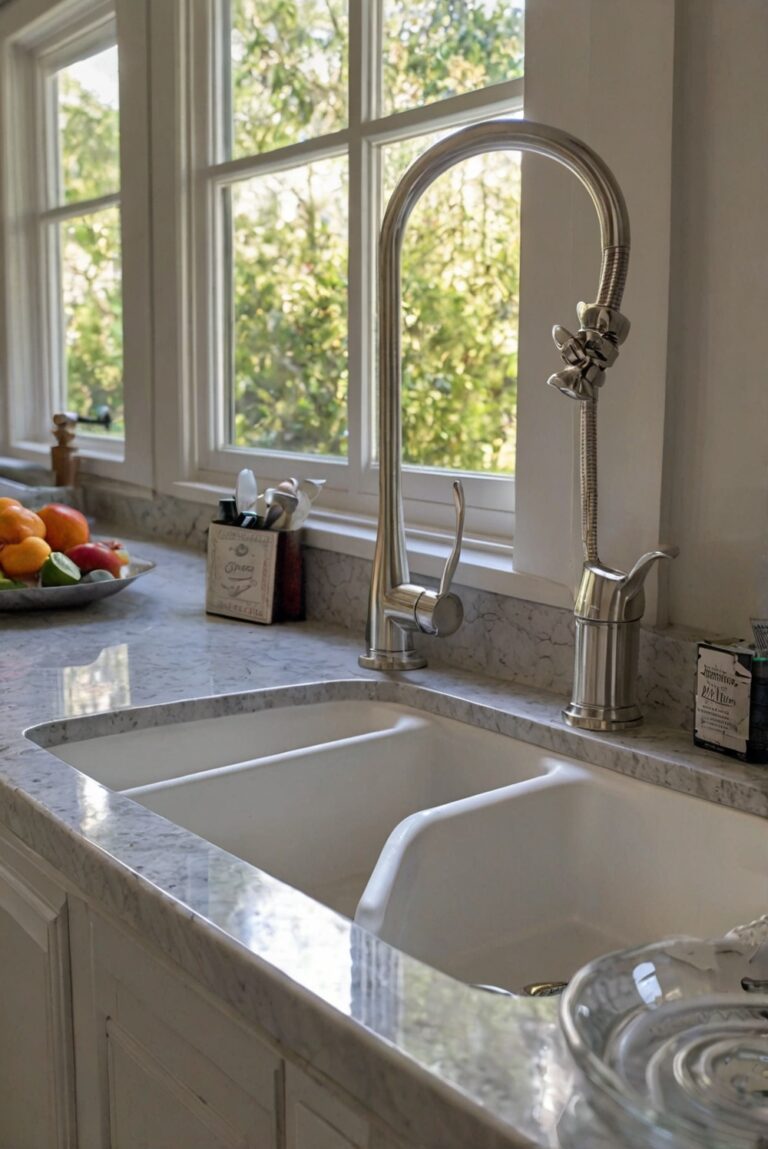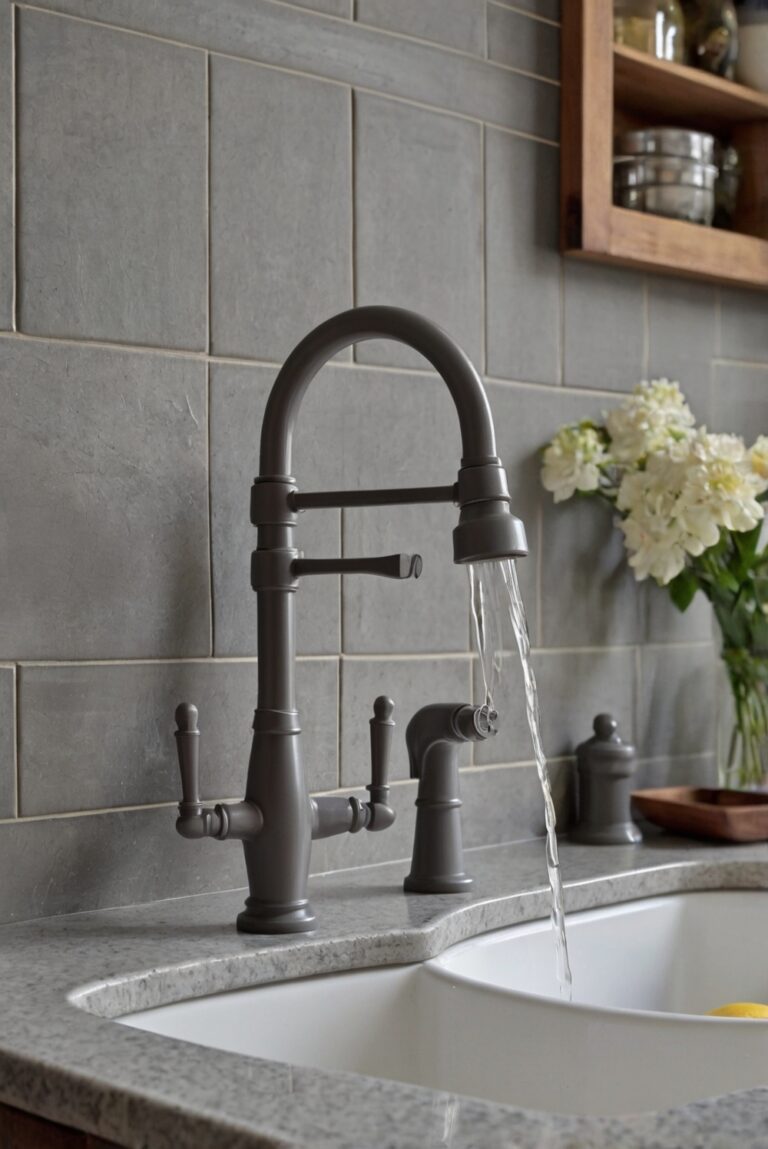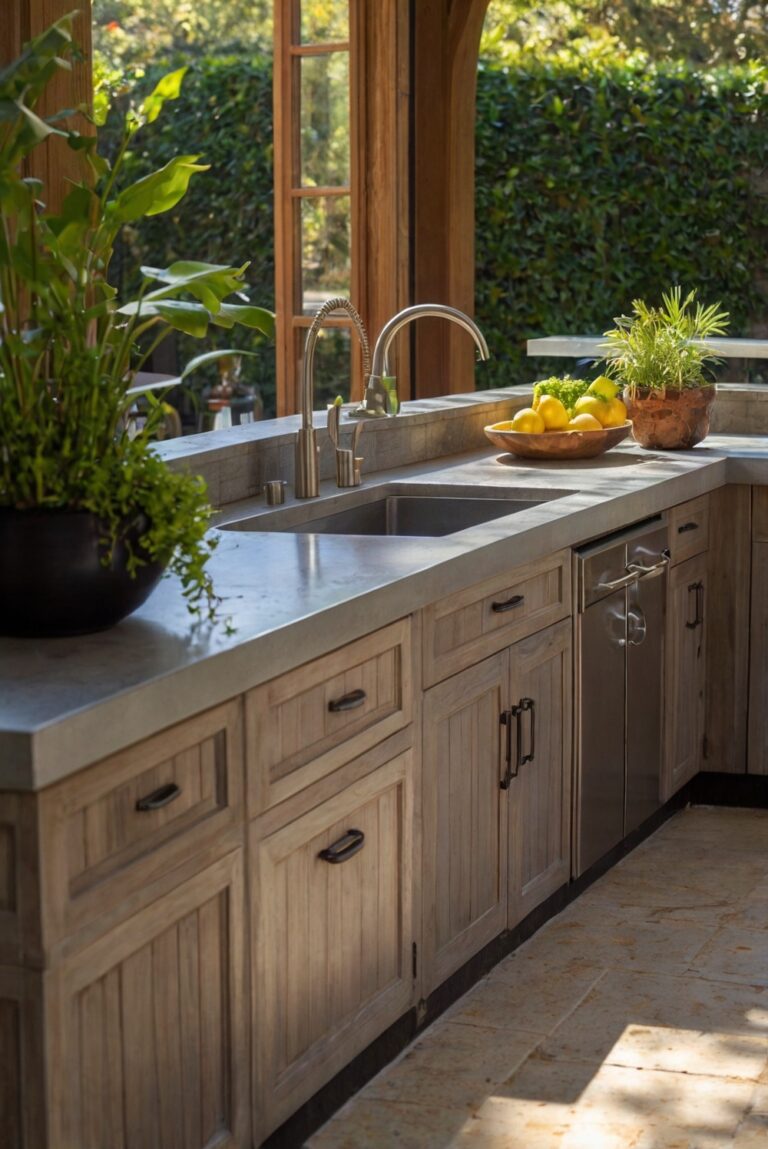Explore sustainable sink choices for environmentally conscious kitchens. From recycled materials to energy-efficient designs, discover the best eco-friendly options for your space.
**
What Are the Best Sink Options for Eco-Friendly Kitchens?
**
**
What Are the Best Sink Options for Eco-Friendly Kitchens?
**
Stainless steel sinks are popular in eco-friendly kitchens due to their durability and recyclability. Another great option is composite granite sinks made from a blend of quartz and resins, offering a natural look and high resistance to heat and scratches. Additionally, porcelain sinks with enamel coatings provide a stylish and environmentally friendly choice. Always choose sinks with low-toxicity materials and water-saving features for a truly eco-conscious kitchen design.
– **Keywords: home decorating, home interior, home interior design, home decor interior design, space planning, interior design space planning, decorating interiors, interior bedroom design, designer kitchen, kitchen designs, living room interior, designer wall paint, primer paint for walls, color matching painting, paint color match, home paint colors**
What Are the Best Sink Options for Eco-Friendly Kitchens?
When it comes to creating an eco-friendly kitchen, choosing the right sink is crucial. The sink is a central part of the kitchen and plays a significant role in water consumption and waste management. Here are some of the best sink options for eco-friendly kitchens:
1. Stainless Steel Sinks:
Stainless steel sinks are a popular choice for eco-friendly kitchens due to their durability and recyclability. They are easy to clean, resistant to stains and corrosion, and can be recycled at the end of their lifespan. Opting for a stainless steel sink made from recycled materials further reduces the environmental impact.
2. Composite Granite Sinks:
Composite granite sinks are another eco-friendly option for kitchens. They are made from a combination of natural granite stone and acrylic resin, resulting in a durable, heat-resistant, and non-porous sink material. These sinks are often recyclable and come in a variety of colors to complement different kitchen designs.
3. Copper Sinks:
Copper sinks add a touch of elegance to eco-friendly kitchens while offering antimicrobial properties. Copper is a highly recyclable material, making it an environmentally friendly choice. Over time, copper sinks develop a unique patina that enhances their appearance and adds character to the kitchen.
Additional Eco-Friendly Sink Options:
In addition to the above options, there are other eco-friendly sink materials and designs to consider for your kitchen:
1. Cast Iron Sinks:
Cast iron sinks are durable and long-lasting, making them a sustainable choice for eco-friendly kitchens. They are resistant to scratches and dents and can be recycled at the end of their lifespan.
2. Fireclay Sinks:
Fireclay sinks are made from a combination of clay and glaze, creating a smooth and non-porous surface that is easy to clean. These sinks are resistant to stains and scratches, making them a low-maintenance option for eco-conscious homeowners.
In conclusion, when selecting a sink for your eco-friendly kitchen, consider factors such as durability, recyclability, and sustainability. Choose a sink material that aligns with your environmental values and complements the overall design of your kitchen. By opting for one of the best sink options mentioned above, you can contribute to a more sustainable and eco-friendly kitchen environment.
1. What are the best sink options for eco-friendly kitchens?
When it comes to eco-friendly sink options for kitchens, stainless steel sinks are a popular choice. They are durable, recyclable, and easy to maintain. Additionally, you can look for sinks made from recycled materials or those that are certified as low-impact by organizations like the Environmental Protection Agency (EPA). Another great option is a composite granite sink, which is made from a mix of natural materials and is highly durable. These sinks are also non-porous, making them resistant to stains and easy to clean, reducing the need for harsh chemicals.
2. How can I make my kitchen sink more eco-friendly?
To make your kitchen sink more eco-friendly, consider installing a water-saving faucet or aerator to reduce water usage. Additionally, using biodegradable and environmentally friendly cleaning products can help minimize the impact of chemicals on the environment. You can also invest in a compost bin to dispose of food waste properly, reducing the strain on wastewater treatment systems. Finally, consider installing a water filtration system to reduce the need for disposable plastic water bottles, further reducing your carbon footprint.
3. Are there any specific features to look for in eco-friendly sinks?
When selecting an eco-friendly sink, look for features such as water-saving designs, recyclable materials, and certifications from environmental organizations. Opt for sinks made from sustainable materials like recycled stainless steel or composite granite. Additionally, choose a sink with a low-flow faucet to minimize water usage. Some sinks also come with built-in water filtration systems, reducing the need for single-use plastic bottles. Overall, selecting a sink with these eco-friendly features can help reduce your kitchen’s environmental impact.
4. How do eco-friendly sinks benefit the environment?
Eco-friendly sinks offer several benefits for the environment. By choosing sinks made from sustainable materials like recycled stainless steel or composite granite, you reduce the demand for virgin resources and minimize waste. Additionally, water-saving features in eco-friendly sinks help conserve water, a precious natural resource. By using environmentally friendly cleaning products and proper waste disposal methods, you can further reduce the impact of your kitchen sink on the environment. Overall, opting for eco-friendly sinks can contribute to a healthier planet and sustainable living.
5. What are some tips for maintaining eco-friendly sinks?
To ensure your eco-friendly sink remains in top condition, follow these maintenance tips. Regularly clean your sink with natural, non-toxic cleaning products to avoid harsh chemicals that can harm the environment. Avoid using abrasive cleaners that can scratch the surface of your sink. For stainless steel sinks, consider using a mixture of water and vinegar for a natural shine. To prevent clogs and maintain proper drainage, periodically check and clean the sink’s drain. Proper maintenance of your eco-friendly sink will not only extend its lifespan but also help reduce your environmental impact.

